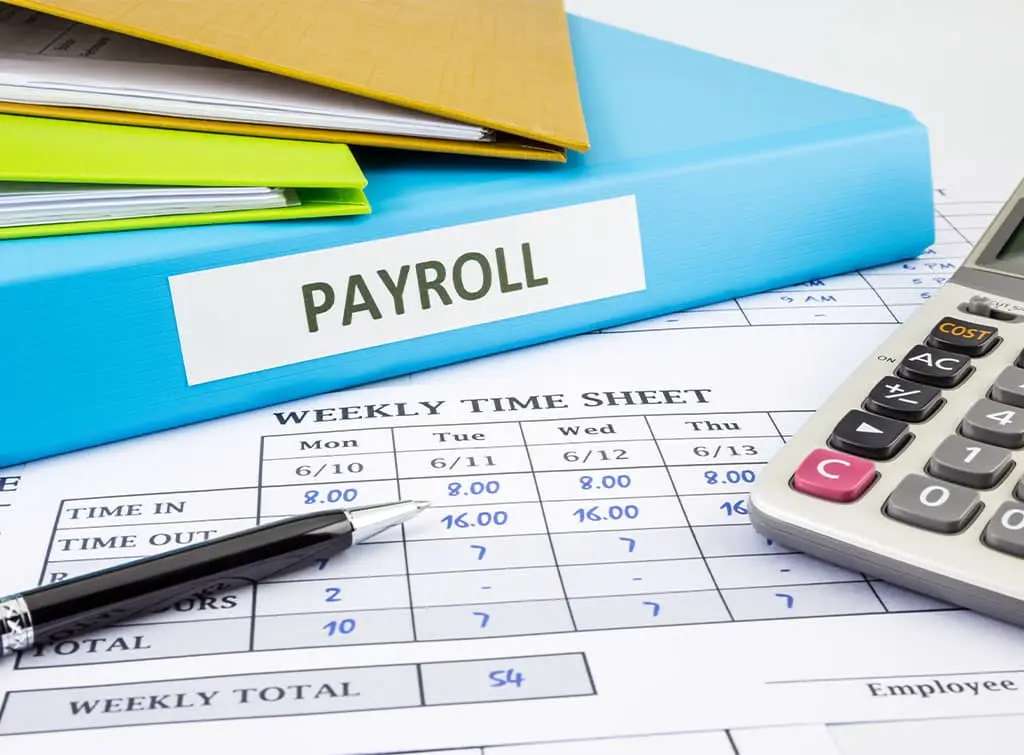Blog>Trade>Finance>Sick pay: Everything you need to know as a trade business owner
Last updated: 19 March 2024
Sick pay: Everything you need to know as a trade business owner
Employers have sick pay responsibilities for employees. Getting to grips with sick pay entitlement and calculating statutory sick pay needs careful consideration. This article points employers in the right direction.

Sick pay for employees is a legal right. It’s called statutory sick pay (SSP). As an employer, you have to pay SSP.
There are also rules for employers to remember for specific situations. These include SSP for part time workers, if an employee is sick during annual leave and sick leave during a probation period.
What is sick pay entitlement?
As an employer, calculating statutory sick pay for employees may be necessary if they take time off work due to illness or an accident. There are two main types of sick pay entitlement:
Statutory sick pay (SSP pay rate) – This is the minimum entitlement an employer pays for up to 28 weeks if you’re eligible. The employer is responsible for paying SSP
Company sick pay – If your company has its own sick pay scheme. This may be more generous than SSP. Employers provide employees with all the details in their employment contract paperwork
As of May 2022, SSP is the official minimum sick pay entitlement that employers must pay employees as set out by the government.

Calculating statutory sick
To qualify for sick pay entitlement, your employees have to meet these criteria:
Be classed as an employee and have already carried out work for you
Earn at least £123 per week (on average)
Have been off sick for at least four days in a row (including non-working days)
Employers should make sure that their employees know they must contact them if they are ill and can't work. Employers usually set the deadline for reporting in sick.
If you haven’t set staff a deadline, then they have to let you know within seven days.
Sick during annual leave
If one of your employees is taken ill while they’re on annual leave then they are allowed to take sick leave. This means they don’t have to use their annual leave days while they are sick.
Sick leave during probation period
If an employee falls ill during their probation period they are entitled to sick pay. When a company has its own sick pay scheme then as the employer, you will need to check if it covers probation periods. If not, then the employee has the usual SSP sick pay entitlement.
SSP for part time workers
If you have part time workers they are equally as protected as full time workers when it comes to SSP.

SSP qualifying days
SSP qualifying days are the days that an employee is off sick but should otherwise have been working.
Employees qualify for SSP from the fourth day that they’re off sick. That means they’ll be paid for all the working days that they’re off sick except the first three days of their illness.
In some instances, you can be paid SSP for the first three working days that you’re off sick if either of the following apply:
An employee was off sick because of Covid-19 and their period of sickness started before 25 March 2022
An employee has already received SSP for a period of sickness within the last eight weeks and it included the three-day waiting period
Protect your trade business for less
Checkatrade members can save 20% off insurance
SSP pay rate
The current SSP pay rate in the UK is set at £109.40 a week for a maximum of up to 28 weeks.
Calculating statutory sick pay
When calculating statutory sick pay, you need to divide the weekly SSP rate (£109.40) by the number of days your employee usually works per week (eg five). You then multiply that figure by the number of qualifying days of sick leave.
For example, for an employee who usually works five days a week and has been off sick for seven working days, calculating sick pay for them would look like this:
£109.40 ÷ 5 x 7 = £153.16

Paying statutory sick pay to employees
If you’re an employer, you’re responsible for paying SSP if:
You pay Class 1 National Insurance contributions for your employee
Your employee was sick for four or more days in a row
Your employee has told you they’re sick within your own time limit (or seven days if you do not have one)
You should pay SSP in the same way that you would pay employee wages and deduct income tax and National insurance.
Reclaiming SSP as an employer
Employers can't reclaim SSP that they pay to employees.
Income protection insurance
One way employers can help employees is by taking out income protection insurance (PPI). This type of insurance can be used by a business to cover employees for health problems that prevent them from working.
The amount employees receive and for how long will vary depending on the policy the employer takes out. PPI payments are independent of SSP payments. An employee can't usually receive PPI claims straightaway - there's usually a two-week waiting period.
Are you a sole trader or business owner? Check out our guide on what you need to do:
What do you do if you need sick pay as a self-employed tradesperson?
Running your own business comes with lots of benefits. But it also has its challenges. If you become ill, you might be incapable of working for a day, a week or even several months. In this situation, it’s essential to have a plan in place. Sick pay for self-employed tradespeople If you are an
FAQs
What are the rules for calculating sick pay?
Employees are usually entitled to sick pay if they fall ill. Employers generally have to make these payments.
What is the sick pay entitlement for employees?
An employer could have its own company sick pay scheme. Employees are entitled to statutory sick pay (SSP) that the employer has to pay. An employee must receive at least the SSP amount.
How does calculating statutory sick pay work?
You divide the weekly SSP rate by the number of days your employee usually works each week. Then multiply the figure by the number of days they took off sick.
How does reclaiming SSP as an employer work?
Small business used to be able to reclaim some of the SSP they paid but this is no longer the case
Support your business in challenging times
Join Checkatrade for more support today
DISCLAIMER
This is information – not financial advice or recommendation. The content and materials featured or linked to on this blog are for your information and education only and are not intended to address your particular personal requirements. The information does not constitute financial advice or recommendation and should not be considered as such. Checkatrade website is not regulated by the Financial Conduct Authority (FCA), its authors are not financial advisors, and it is therefore not authorised to offer financial advice.
Always do your own research and seek independent financial advice when required. Any arrangement made between you and any third party named or linked to from the site is at your sole risk and responsibility. Checkatrade blog and its associated writers assume no liability for your actions.



